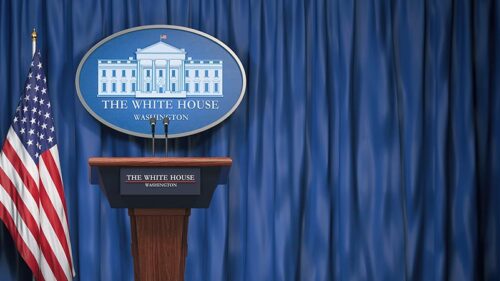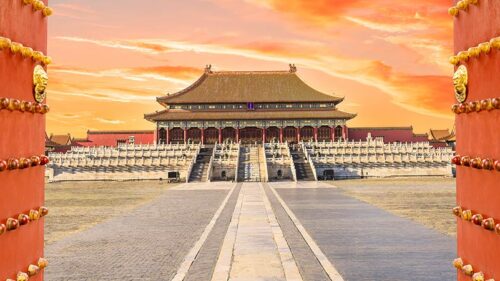After World War II, many international organizations emerged to prevent future conflicts by encouraging communication among nations. The UN was created to foster relationships among all countries and to stop man-made tragedies. Agencies under the UN aimed not only to prevent wars but also to alleviate poverty and provide aid during natural disasters.
The Bretton Woods Conference established a mechanism to prevent economic dislocation. It created a system for international settlements with the US as the central clearinghouse for payments, originally backed by gold reserves. This led to the formation of the International Monetary Fund (IMF) and the World Bank. The World Bank funded developing nations to reduce poverty. The IMF promoted global trade and economic cooperation.
The World Trade Organization (WTO), established in 1995, sought to enforce free and fair global trade.
Traditional global institutions are failing and losing influence
These institutions have failed to fulfill their mandates in the 21st century. The US invasion of Afghanistan in 2001, following terrorist attacks, went ahead without UN approval. Wars and genocides have continued unchecked despite lacking UN sanction. Recently, Israel’s actions in Gaza and Russia’s invasion of Ukraine have proceeded without the UN’s blessing.
The UN has structural flaws. Its five permanent Security Council members — the US, China, UK, Russia and France — each hold veto power. This setup lets any of them kill action that threatens their interests. The COVID-19 pandemic revealed further weaknesses. China concealed the outbreak’s severity, and UN agencies failed to issue timely warnings. Critics accused UN officials of favoring China.
The IMF, intended to resolve balance-of-payments crises, often worsened them. This was evident in Mexico, Brazil and Argentina during the 1980s. These problems have persisted elsewhere. Countries like Pakistan have taken new IMF loans just to repay old ones.
China has stepped into this void. Its Belt and Road Initiative (BRI) lends directly to countries without requiring them to go through multilateral institutions. This shift has boosted the influence of the BRICS group (Brazil, Russia, India, China and South Africa), which promotes trade and coordination outside Western-dominated structures. Some countries now trade using their own currencies rather than the US dollar.
The WTO has also weakened, especially after the Doha Round collapsed in 2011. US President Donald Trump defied WTO rules by imposing high tariffs in 2018. Free trade agreements between countries or blocs have increasingly bypassed WTO rules. Trump’s tariffs undermined economist David Ricardo’s theory of comparative advantage, which the WTO aimed to uphold.
A fractured world risks descending into dangerous disorder
The US no longer acts as the world’s policeman. After the withdrawal of US troops from Iraq under President Barack Obama in 2011 and later from Afghanistan under President Joe Biden in 2021, US global influence declined. China’s BRI, launched in 2014, has filled the vacuum. The EU’s growing trade alignment with China has further distanced it from the US.
Today’s world order resembles an amoeba — shapeless, constantly mutating in response to events. Countries often take the law into their own hands. This behavior sets a dangerous precedent. Rogue nations may flout global norms and threaten peace. In a nuclear world, the cost of disorder could be catastrophic. The economist Adam Smith spoke of an invisible hand guiding markets. No such hand seems to govern today’s world. Even in the jungle, animals follow some kind of order.
The views expressed in this article are the author’s own and do not necessarily reflect Fair Observer’s editorial policy.
Support Fair Observer
We rely on your support for our independence, diversity and quality.
For more than 10 years, Fair Observer has been free, fair and independent. No billionaire owns us, no advertisers control us. We are a reader-supported nonprofit. Unlike many other publications, we keep our content free for readers regardless of where they live or whether they can afford to pay. We have no paywalls and no ads.
In the post-truth era of fake news, echo chambers and filter bubbles, we publish a plurality of perspectives from around the world. Anyone can publish with us, but everyone goes through a rigorous editorial process. So, you get fact-checked, well-reasoned content instead of noise.
We publish 3,000+ voices from 90+ countries. We also conduct education and training programs
on subjects ranging from digital media and journalism to writing and critical thinking. This
doesn’t come cheap. Servers, editors, trainers and web developers cost
money.
Please consider supporting us on a regular basis as a recurring donor or a
sustaining member.
Will you support FO’s journalism?
We rely on your support for our independence, diversity and quality.








Comment